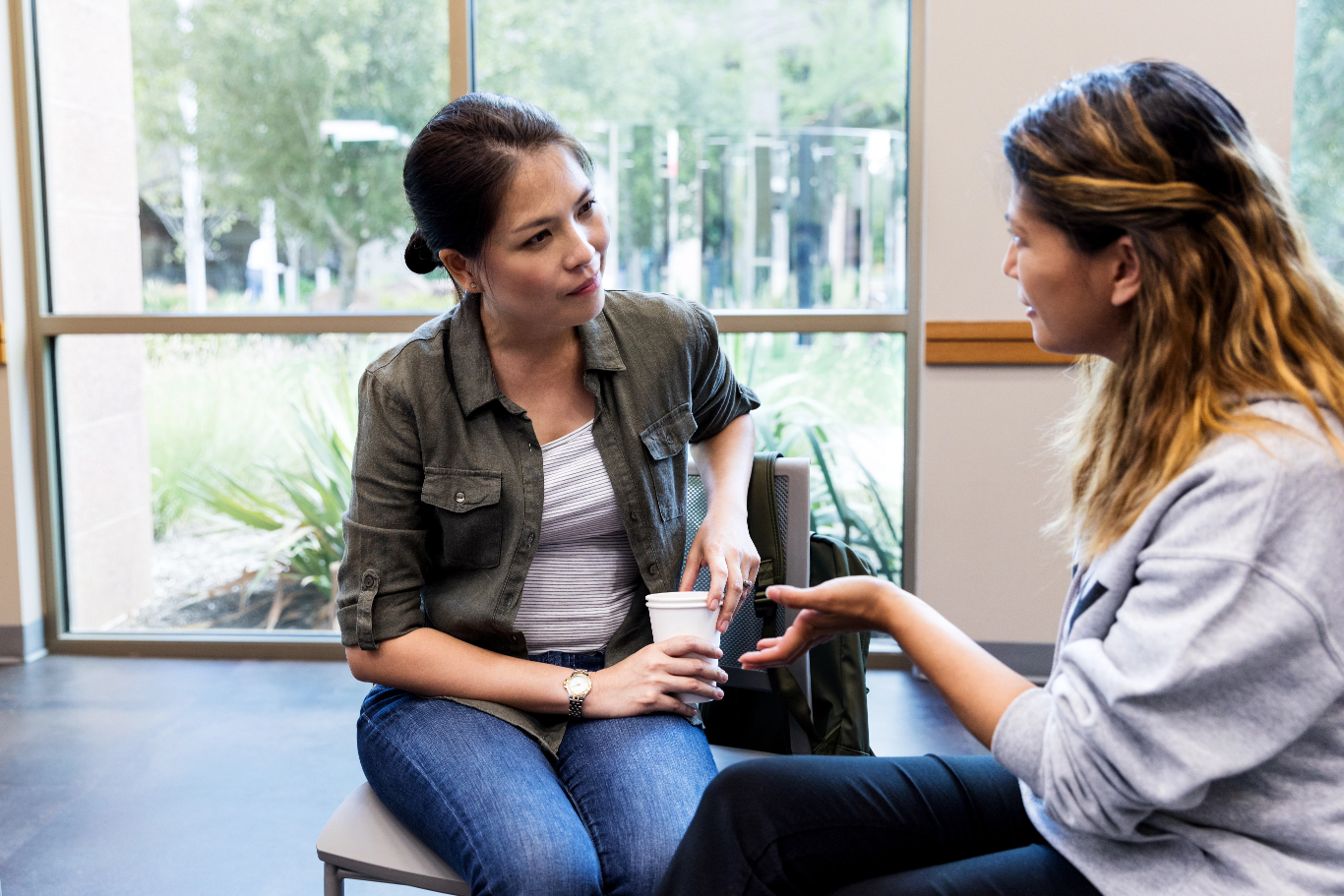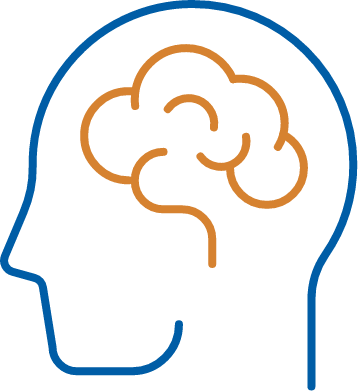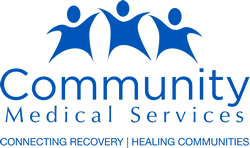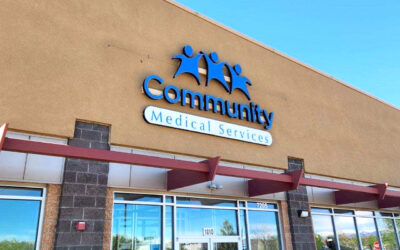Why Are Opioids Addictive? Understanding Dependency & Finding Solutions

The opioid crisis has emerged as one of the United States’ most pressing healthcare challenges. Every person with an opioid addiction has a story about getting where they are. All these people have one thing in common – they never expected to become an addict.
For many, opioid addiction is sudden. Sure, you are aware of opioid addiction and know it happens, but not to you. One day, you find yourself way over your head and cannot stop without finding help. in this article, we explore the reasons behind “why” so many people grapple with opioid addiction. It’s important to remember that many people addicted are victims of this growing epidemic. We must have compassion and look for ways to find a path toward recovery effectively.
Whether for you or a family member, opioid use disorder is personal, and help is available.
How Do People Get Addicted to Opioids?
The origin of opioids goes back centuries. We first started using morphine to treat wounded soldiers in the early 1860s. Then, in 1989, heroin was introduced as a less habit-forming alternative, which is ironic in retrospect.
Restrictions on opioids were introduced throughout the early 20th Century and around this time Heroin became illegal. By 1995, we were introduced to OxyContin by Purdue Pharma. Just like heroin in its early days, OxyContin was advertised as a less addictive pill than its predecessors.
The problem today remains the same: prescription opioids just work too well.
Most often, people first take an opioid as a prescription medication for pain. They find that the benefits of these drugs go well beyond pain management.
People describe being on opioids with a feeling of “being whole.” Others liken the experience to a warm blanket. Feelings of depression, anxiety, or feeling inadequate temporarily dissolve, and life seems a lot better – until the drug wears off.
Opioid addiction develops over time because we want to feel those feelings again. When starting, many only use opioids occasionally. Beginners take these drugs on the weekends or after extremely rough days at work. Over time, this usage extends to every day.
As people become accustomed to opioids, our bodies need more to achieve the same effect. In the beginning stages of addiction, most people feel great about themselves. They feel like the drug is improving their life.
Then, it all comes crashing down.
What Does Addiction Feel Like?
At this stage in opioid addiction, withdrawal begins to set in. Out of nowhere, we may feel sick to our stomach. An increased sense of restlessness, irritability, and sweats and aches overcomes us. Someone with opioid withdrawal symptoms does not feel comfortable in their own skin.
These people now need opioids to feel normal. The symptoms are extremely uncomfortable and cause some to resort to desperate measures.
Things we would typically never consider – stealing, dealing drugs, selling our bodies become common among addicts. These people are desperate to stop the intense feelings of withdrawal and feel normal again.

The Science Behind Opioid Addiction
The addictive nature of opioids is rooted in complex physiological and neurological mechanisms.
For many, their first interaction with opioids isn’t recreational but medicinal. They’re prescribed these powerful drugs to manage acute or chronic pain. As the opioids bind to receptors in the brain, they not only alleviate pain but also stimulate the brain’s reward system.
Dopamine, a neurotransmitter, is released in greater-than-normal amounts when opioids are consumed. Dopamine is associated with feelings of pleasure, euphoria, and reward. Its release reinforces behaviors, making us want to repeat them, which is a critical component of survival for activities like eating or bonding. However, with opioids, this reinforcement can lead to repeated use, even if the original pain has subsided.
As individuals continue using opioids, they might find that the exact dosage doesn’t produce the same euphoric effect. This phenomenon is known as tolerance.
The brain always seeks equilibrium and adjusts to the surge of dopamine by producing less of it naturally or by reducing the number of receptors that can receive it. Consequently, users consume more of the drug to achieve the same dopamine high, which is a perilous cycle. The brain relies on the opioid to produce dopamine, and its natural capacity diminishes. This biological alteration heightens the risk of addiction.
What Does Opioid Addiction Look Like?
Tolerance to opioids and frequent, daily use interferes with an addict’s daily life. Suddenly, chasing that high and obtaining more of the drug becomes more important than families, jobs, and even children. Opioids become the main focus of these people’s lives.
This transformation becomes profoundly personal and distressingly universal for many caught in the grip of addiction. Over time, opioids can exacerbate underlying mental health issues or spawn new ones, such as depression or anxiety disorders.
Addicts find themselves withdrawing from social circles. Activities that formerly brought joy are sidelined and replaced by the mission to secure more opioids. Relationships with family and friends strain, often reaching a breaking point.
Trust is eroded as the addict may resort to lying, stealing, or manipulating loved ones to fuel their habit. This gradual isolation not only separates them from their support systems but also reinforces the feeling of being alone in their struggle.
Opioid addiction can also wreak havoc on a professional life. Job performance often declines as the focus shifts from responsibilities to the next fix.
Absenteeism, erratic behaviors, or even drug use at work can lead to job loss. This professional decline is often accompanied by economic hardships. Over time, this can lead to significant financial instability, further complicating the ability to seek help or find a way out.

Opioid Overdose: A Grim Reality
One of the most tragic consequences of opioid addiction is an overdose. As one builds tolerance, there’s an increased risk of consuming a lethal dose.
It’s paramount for family and friends to recognize the signs that lead to an overdose. If someone has or is suspected to have overdosed, call 911 immediately. This crucial step can be life-saving. Certain medications, like naloxone, can reverse the effects, but prompt action is crucial.
How to Spot & Prevent Opioid Addiction
Be extremely careful if you have a valid opioid prescription from a medical provider. Likewise, be highly aware of changes in any loved one prescribed opioids. It is very easy for opioid use to progress into an addiction.
When taking opioids, limit to the minimum amount necessary. Stopping opioids as soon as they are no longer needed can prevent an addiction. Using these drugs is like “riding the tiger.” You may have a wild ride, but eventually, the tiger will return and bite you.
The Role of Behavioral Health in Addressing Addiction
Behavioral health specialists play an invaluable role in tackling opioid addiction. They can offer holistic care by addressing underlying mental health challenges that may drive individuals to misuse substances. Oftentimes, mental health is intertwined with addiction. Addressing one without the other is often counterproductive.
The Path to Recovery: Methadone and Buprenorphine
Thanks to advances in health care, there are now FDA-approved medications that can aid recovery. Methadone and buprenorphine are two such medications that can help manage withdrawal symptoms and reduce cravings. They can be critical components of a long-term recovery plan.
Medication therapy can help opioid-addicted individuals get back to their lives. It allows us to regain focus on what’s important: our families, work, children, and spiritual connections.
Get Help with Community Medical Services
Addressing the opioid crisis requires a multifaceted approach. From understanding the addictive nature of these substances to providing holistic care and support, there’s a path forward. For those trapped in the cycle of addiction, know that help is available, and recovery is possible.
Ready For A Change? Here’s How To Start
At Community Medical Services, we want to help you reclaim your life. For more information on your opioid use disorder medication options, find a nearby clinic or call us today at 855-203-6352.
Start the conversation
Related Content
Why did we choose to become a B Corp, and what does it mean?
Why did we choose to become a B Corp, and what does it mean?March 19, 2025Posted by Nick Stavros, CEOAt Community Medical Services (CMS), our mission has always been clear: to help those who are suffering from substance use disorders....
The Impact of Urine Drug Screens on Patient Retention and Social Outcomes at CMS
The Impact of Urine Drug Screens on Patient Retention and Social Outcomes at CMSDecember 17, 2024Posted by Dr. Robert SherrickStart the conversation IN THIS ARTICLE The Impact of Urine Drug Screens on Patient Retention and Social...
Understanding the Different Types of Opioids and Their Effects
Understanding the Different Types of Opioids and Their EffectsOctober 31, 2024Posted by Dr. Robert SherrickStart the conversation IN THIS ARTICLE Understanding the Different Types of Opioids and Their Effects What is an Opioid? Opioids...





0 Comments